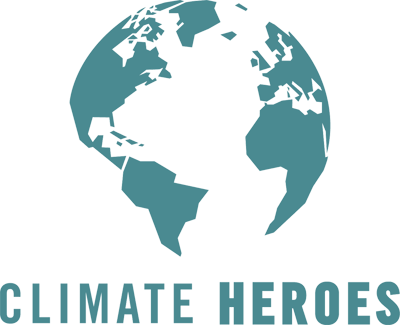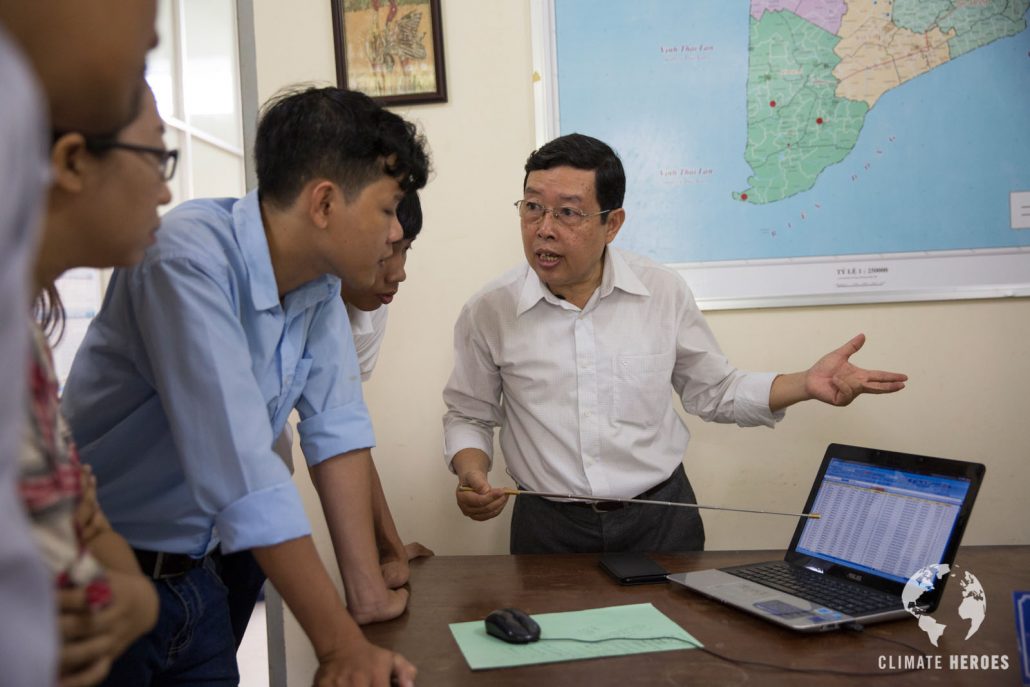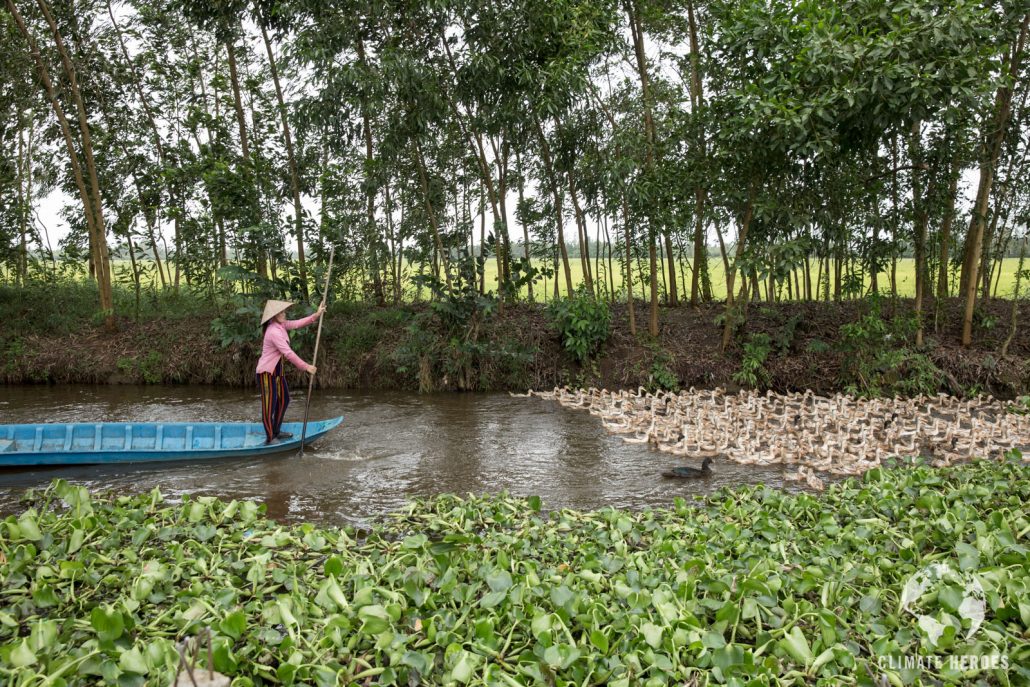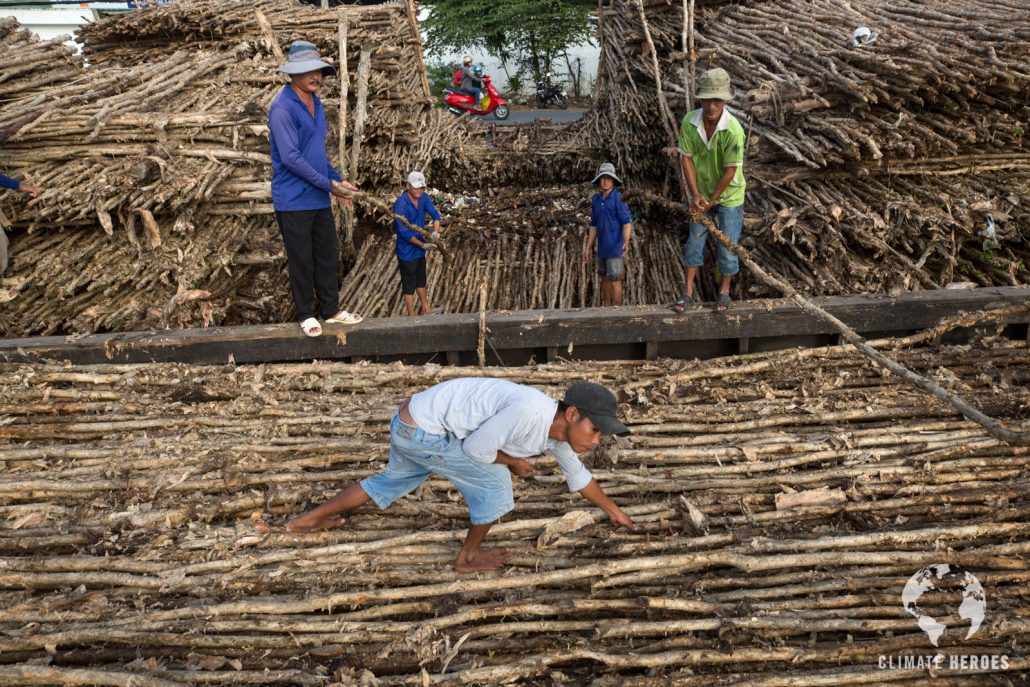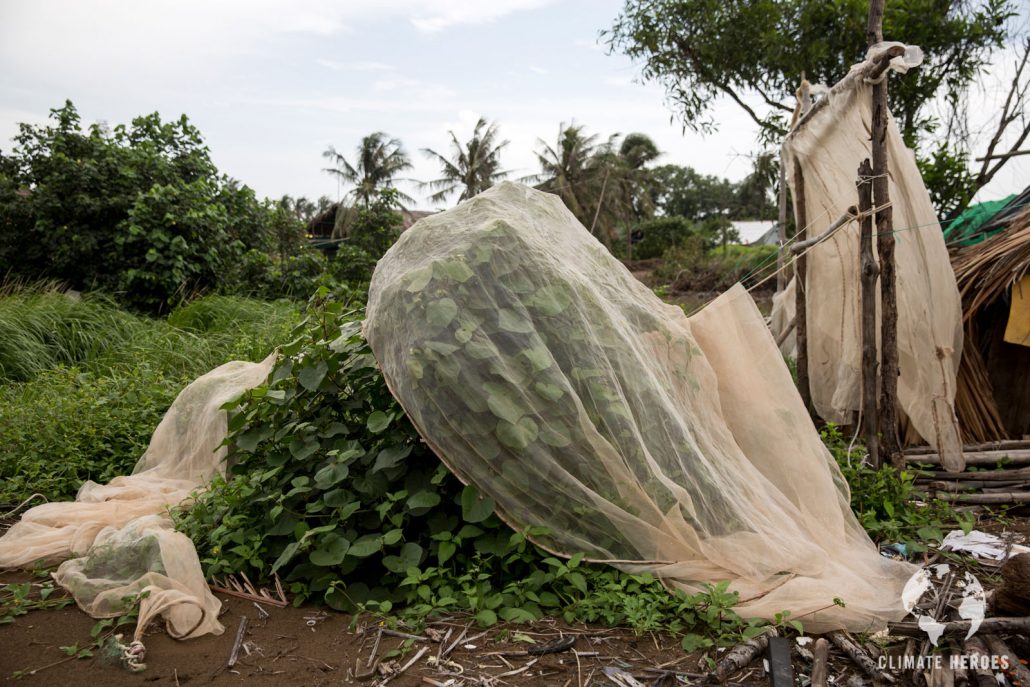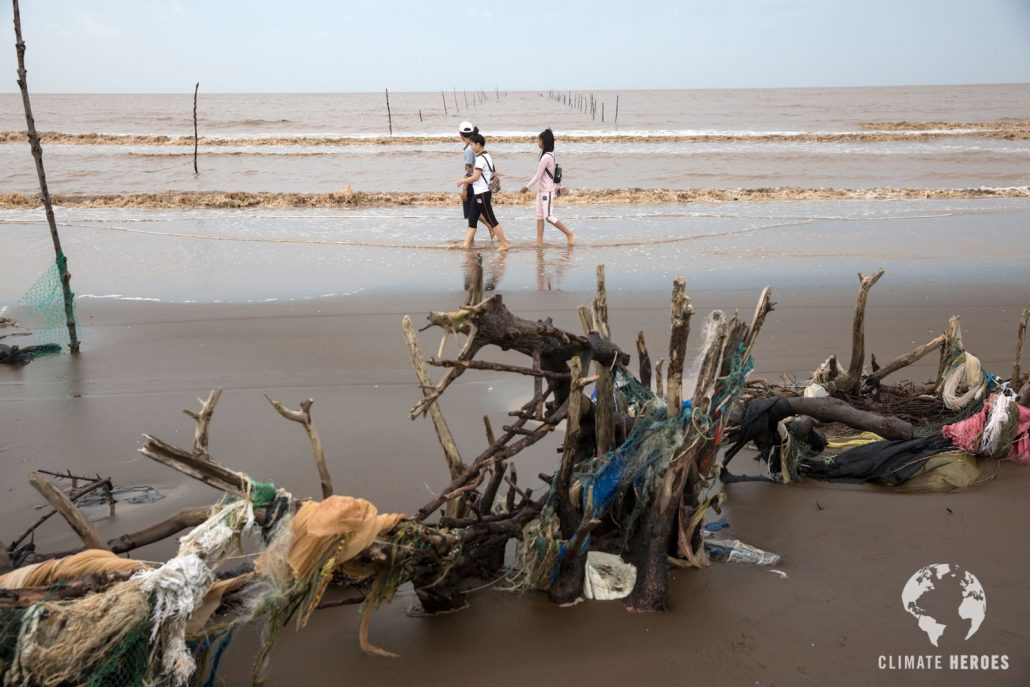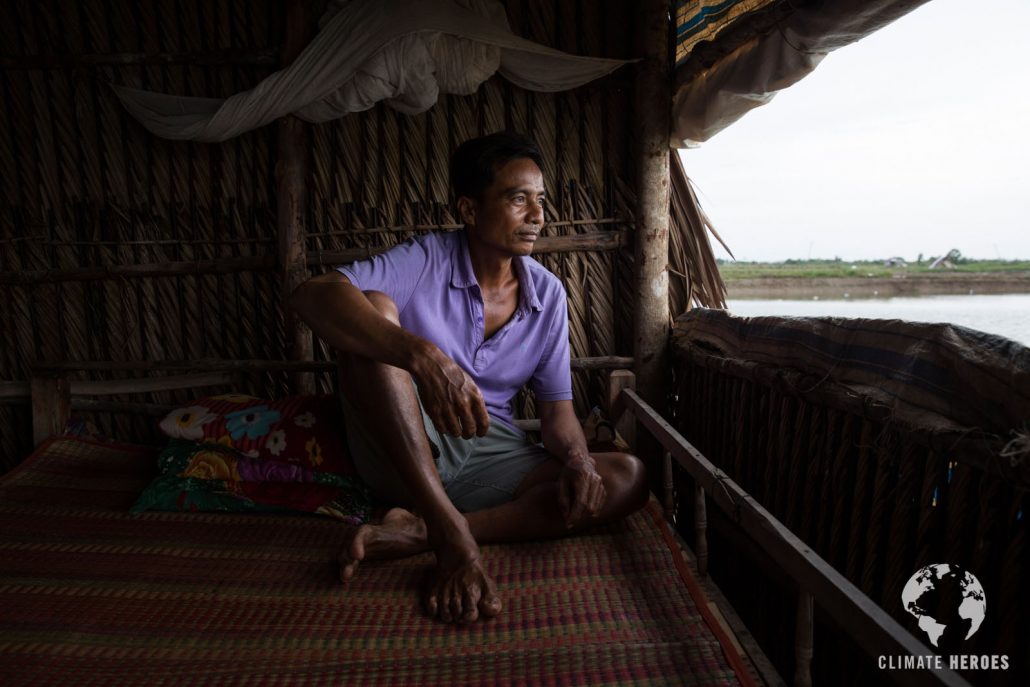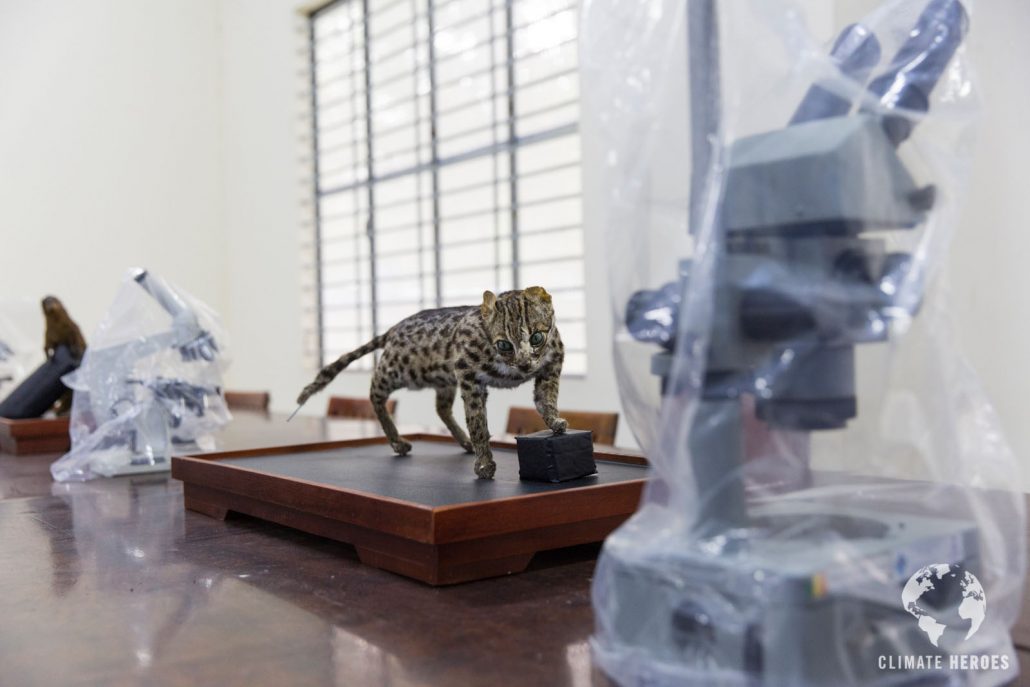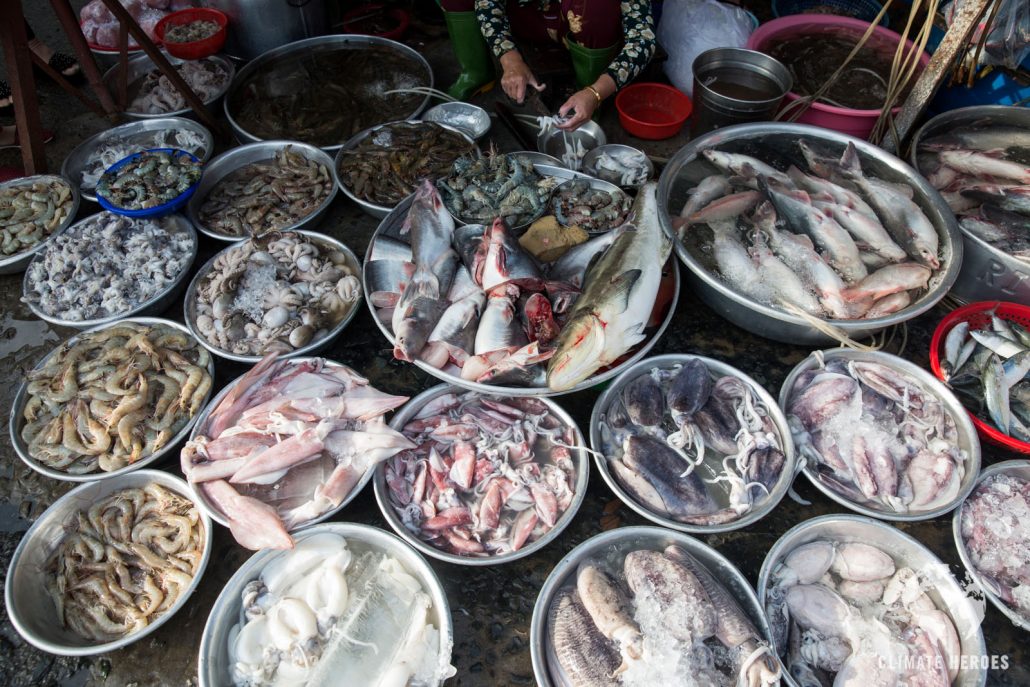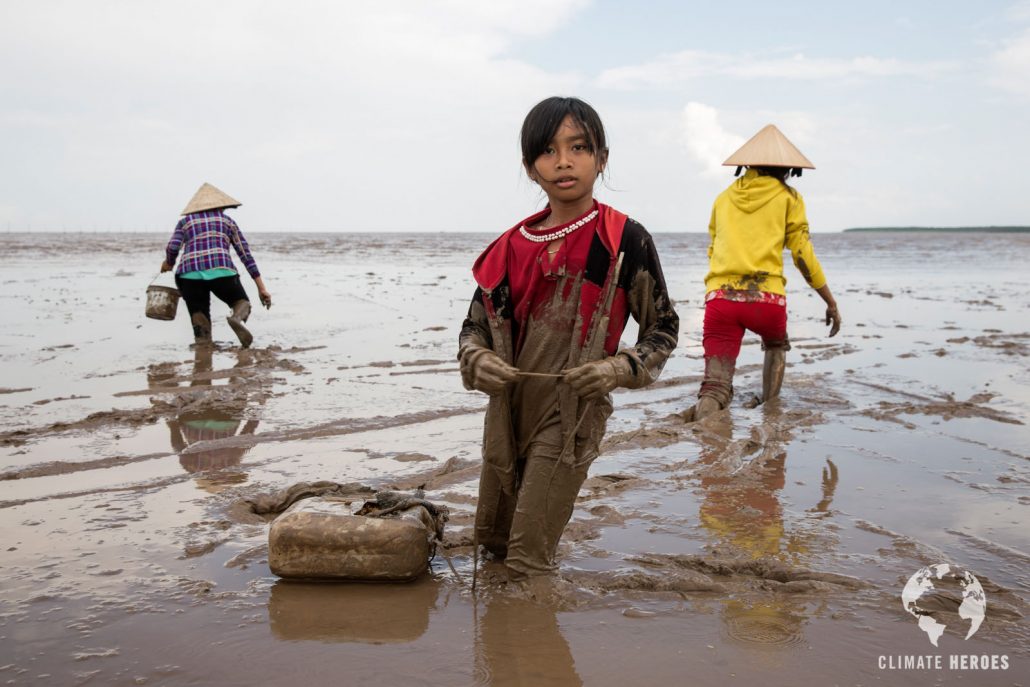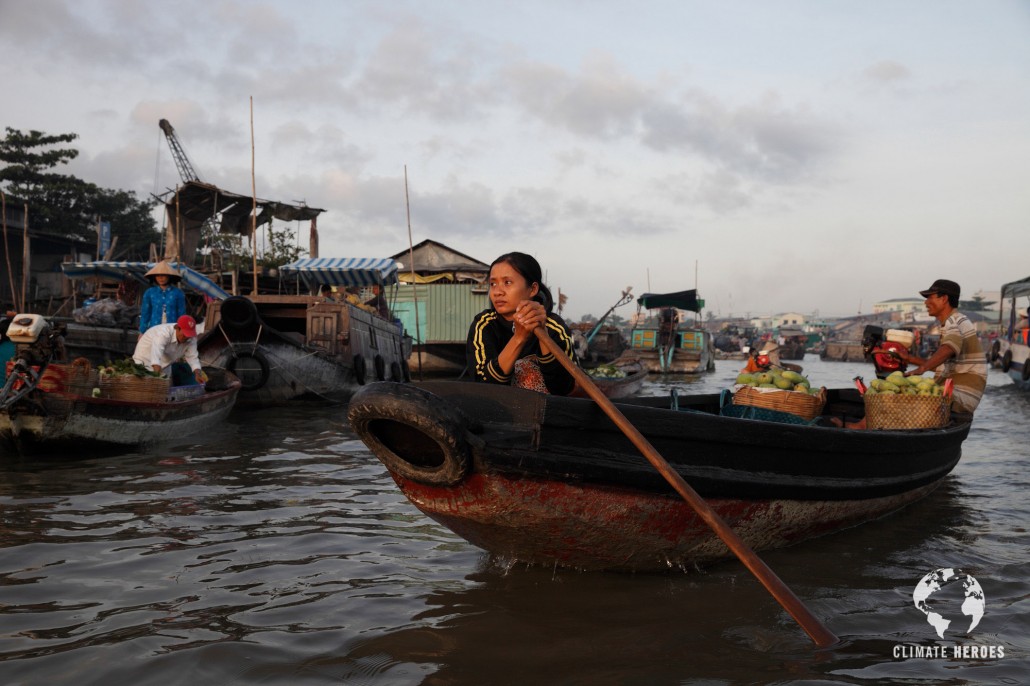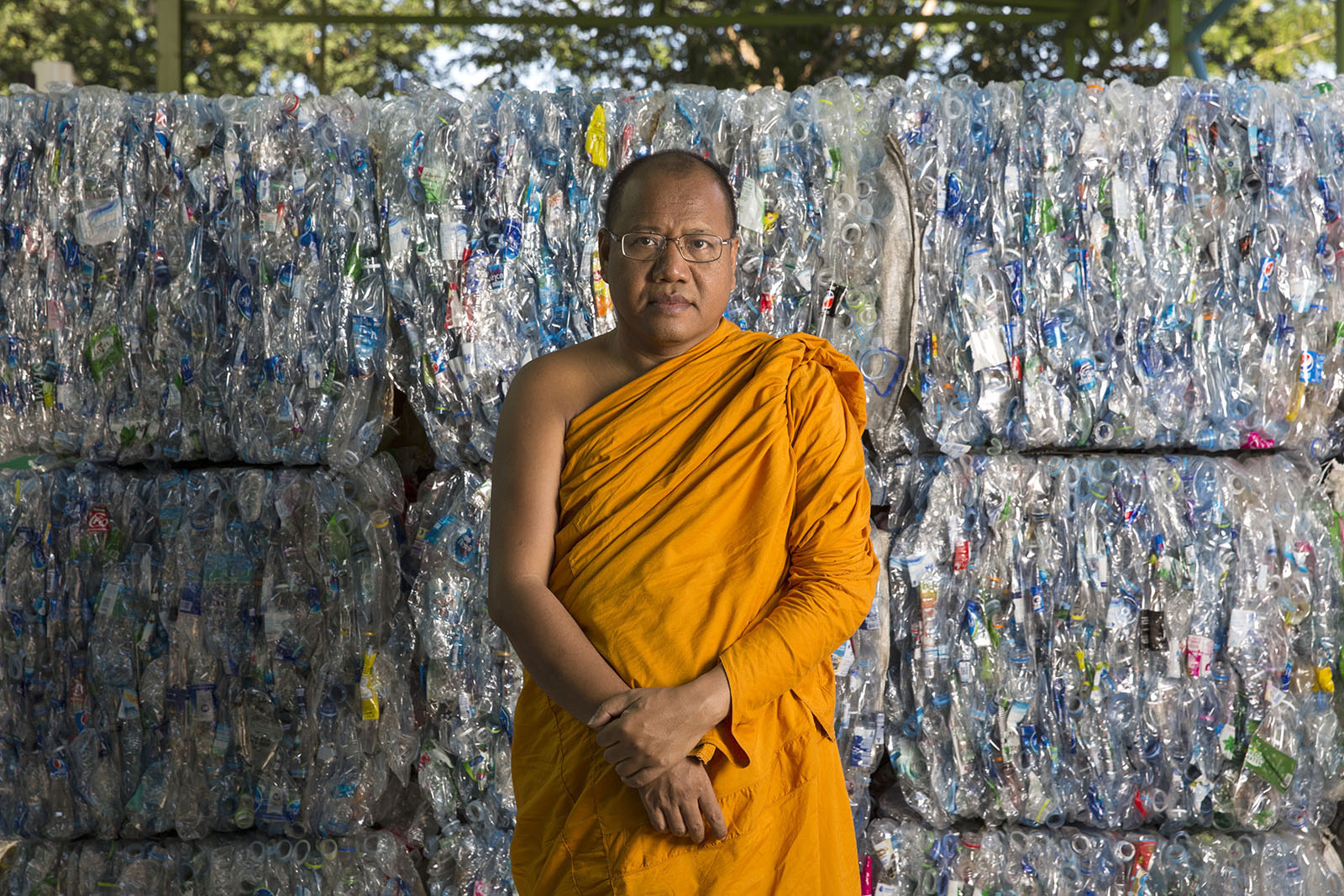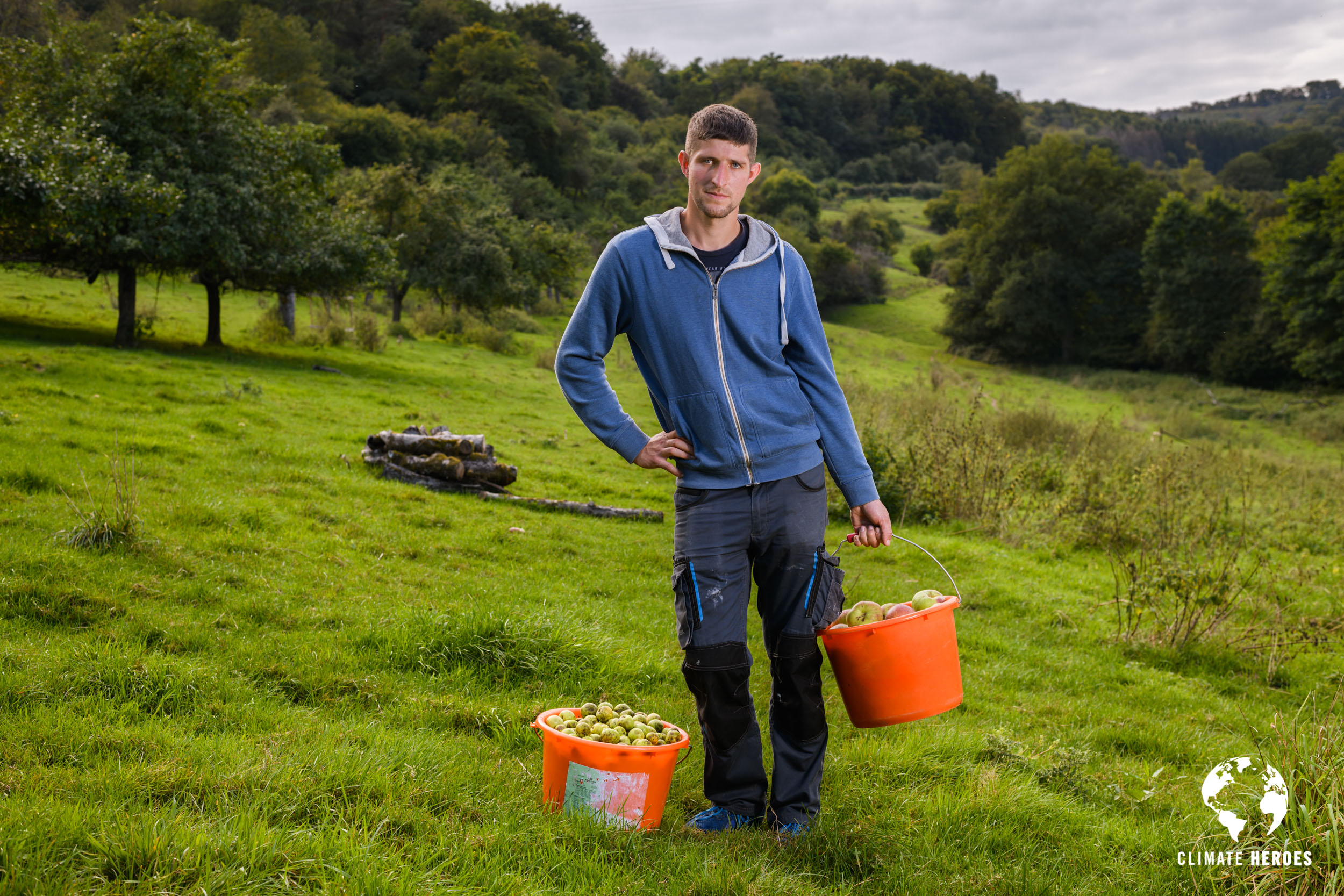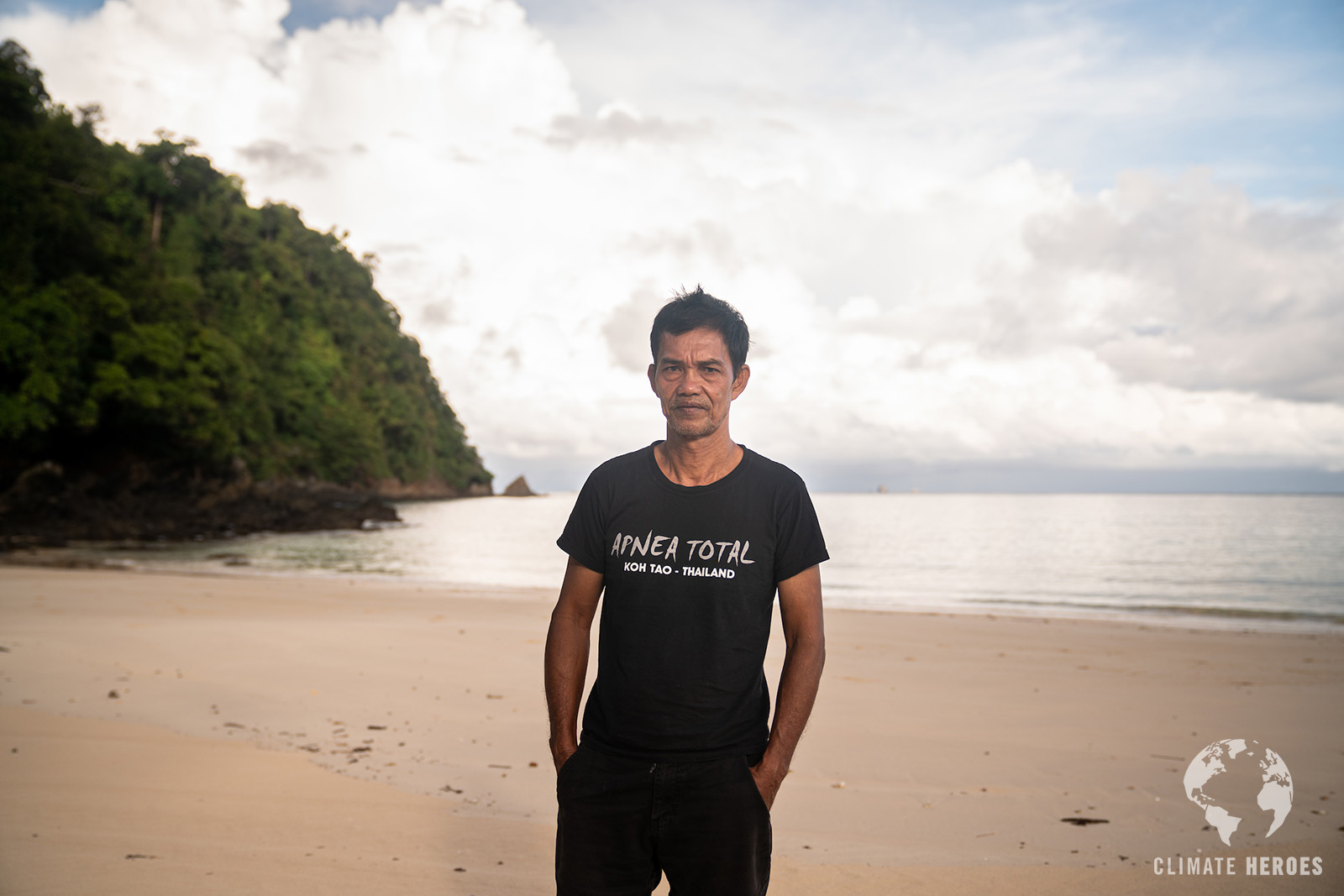Duong Van-ni: Adapting to a saltier Mekong delta
Dr Duong Van Ni empowers farmers to adapt to local changes in water salinity in the Mekong Delta.
As American bombs rained down on the flooded rice fields of the Mekong River Delta, an adolescent Duong Van Ni would submerge himself in the water to avoid detection, breathing through a lotus stem. “That’s how I survived,” Ni says. “I want to teach people that the environment is our friend and will always help us if we protect it.”
Now, far removed from surviving on a bowl of rice a day during the American war in Vietnam, Ni is a respected professor of ecological and environmental studies at Can Tho University. Every month, Ni, 63, teaches 10 days and spends the rest of the time on field trips across the Mekong Delta. He visits three to four families a day to discuss solutions tailored to specific environmental challenges.
The Mekong Delta, home to 20 million people, is one of the most productive agricultural environments in the world and supports two to three rice harvests a year. One-third of Vietnam’s gross domestic product, more than half of its rice production and 95 percent of its exports, which help feed 200 million people in the region, are generated in the delta.
An upsurge in global temperatures that cause rising sea levels and more extreme climatic events poses an acute threat to the future of Vietnam’s rice basket. Salinization has always been part of this ecosystem, but in recent years its levels have become unpredictable. In January 2016, the region experienced the worst drought in a century. Due to the resulting lack of fresh water, half of the 5.4 million acres of arable land in the delta — an area larger than Lebanon — was affected by an influx of salt water that contaminated drinking water and destroyed crops.
For the past 40 years, Ni has documented these changes in small notebooks. A decade ago, he developed a $4 hand-held plastic device, unique in its simplicity, that allows farmers to test salinity in the water before it reaches their rice paddies. Thousands of families are using it. They relay their findings by text message (Ni provides cheap phones to those who don’t have them) to a central database at the university, which informs other farmers in the area of salinization levels. If the salt content exceeds more than 4 grams per liter, the rice will perish. The data is used to warn farmers of encroaching salt so they can switch to shrimp or reed farming in time. (The common reed can be dried and sold as mats or roofing.)
In a country traumatized by decades of war and famine, food security has long been synonymous with intensive rice production. Ni thinks it’s time to abandon the monoculture strategy. “We need to diversify crops, reduce the use of chemical products and save water resources,” he says.
These days, Ni is teaching farmers to train one another, and he’s training young scientists from 22 universities and managers of 12 endangered wetland sites who can pass their knowledge along to villagers back home. “I can do salinity maps for international conferences, but what use is that?” Ni says. “I do not teach people science. I teach them to survive.”
On country trails, people get off their bikes to greet the short man they call “Teacher.” Ni has no enemies to speak of, but his direct pro-poor approach is certainly watched. Whenever he takes an outsider on a field trip, the not-so-discreet secret police follow him, usually men on motorbikes sitting next to or circling the homes of interviewees, recording every conversation. It’s dangerous to challenge the authoritarian one-party government policy of development at all costs. Critics are labeled “anti-national” and risk being jailed.
That didn’t stop Ly Van Loi from founding the Mekong Delta Youth group, which offers workshops on modern environmental solutions. For the past four years, Loi has been assisting Ni. “He taught me to always prioritize the benefits for the community,” Loi says. “To have a chance to adapt to the environmental changes, we need to make advanced technologies available to decision-makers while offering simple tools to local people.”
A 2018 study by the Mekong River Commission (MRC) found that 97 percent of sediment flow to the delta — which is crucial to fertility — will be lost by 2040, if all planned dam projects on the Mekong and its tributaries proceed. Combined with coastal erosion due to rising sea levels, 1,200 acres of land disappear every year. A recent study by Utrecht University in the Netherlands suggests that unless drastic action is taken, most of the delta will be submerged by the end of the century. Independent researcher Nguyen Huu Thien raised the alarm in a damning 2010 report for the MRC he co-wrote, foretelling a devastated delta.
“Professor Ni’s work engaging local farmers in a community-based salinity monitoring system is very useful,” Thien says. “But we also need solutions at the strategic and policy level … Adaptation does not necessarily mean fighting the changes at all costs in order to maintain the status quo.”
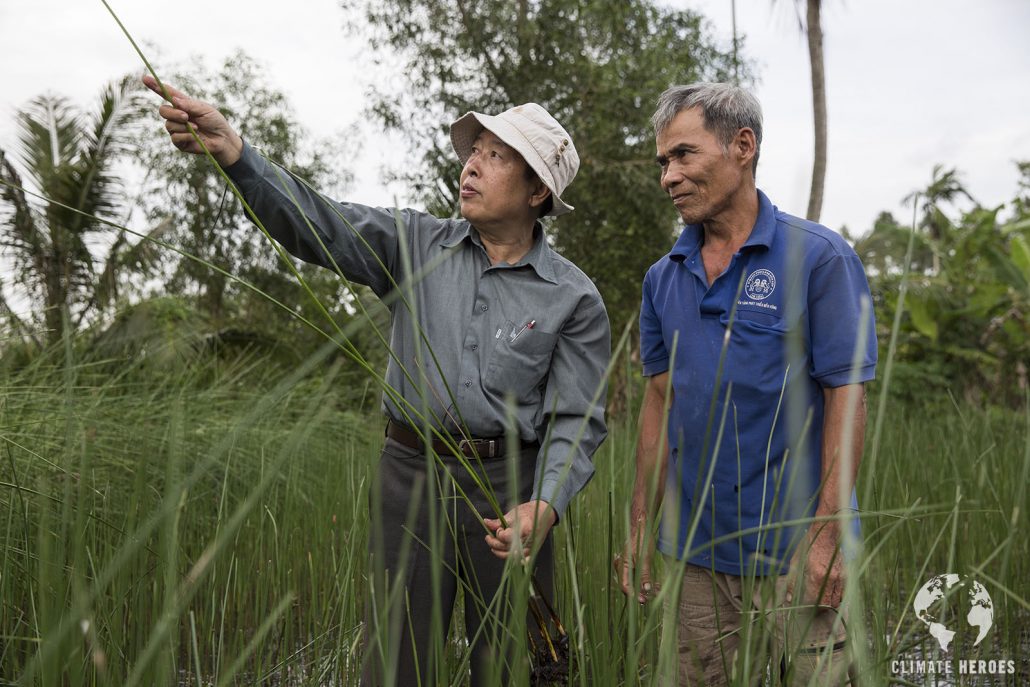
In 2013, the government adopted the Mekong Delta Plan, a scheme to save the region’s economy by building freshwater and grain dikes and reservoirs, digging canals and elevating houses. A 2017 addendum set out a new direction: to avoid aggressive interventions into nature, to focus the delta’s agriculture on quality rather than quantity and to take the interests of all sectors — services, ecological tourism and agro-industry — into consideration. Ni is pleased with the changes. “Trying to plant paddy rice in inappropriate zones and using ‘integrated planning’ as a tool for future development, as we did in the past, will lead to disaster,” he says.
In 2008, Ni and his colleagues founded the Dragon Institute, a reference to the local name of the Mekong — Cửu Long (Nine Dragons), representing the river’s nine branches. Its aim is to create a global observation network, with eight other delta research centres to be established for the Mississippi in the United States, the Nile in Egypt, the Pearl River in China, the Ganges-Brahmaputra in India/Bangladesh, the Danube in Ukraine/Romania, the Amazon in Brazil and the Irrawaddy in Myanmar.
It’s about more than climate change: These regions are battling poverty, migration and development. “Deltas are like children,” Ni says. “They need many things, and they are very fragile. We need to take care of them carefully because everything we do will impact them for many years to come. The best way for children to grow up is through sustainability and adaptability.”
Laure Siegel is a French journalist based in Bangkok, Thailand and a regular contributor to ARTE and Mediapart in France. This article was originally published on Ozy.com.
